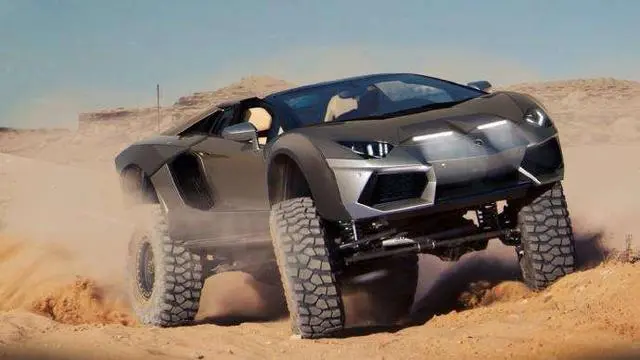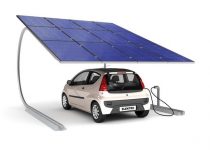How do electric vehicles perform in off-road conditions?

Electric vehicles (EVs) can perform well in off-road conditions, depending on their specific features and design. Some aspects of electric vehicles can be advantageous in off-road settings, while others can pose challenges. Here’s an overview of EV performance in off-road conditions:
Advantages:
- Torque and power delivery: Electric motors can deliver instant torque from a standstill, providing excellent acceleration and responsiveness. This can be beneficial in off-road situations where quick bursts of power are needed to overcome obstacles, climb steep inclines, or navigate difficult terrain.
- Low center of gravity: EVs, particularly those with battery packs mounted on the floor, tend to have a lower center of gravity, which can enhance stability and handling in off-road conditions.
- Electric all-wheel drive: Some electric vehicles feature electric all-wheel drive (e-AWD) systems, which can independently control torque to each wheel. This can provide better traction and handling on uneven or slippery surfaces.
- Regenerative braking: Regenerative braking systems in EVs can help maintain better control during steep descents by using the electric motors to slow the vehicle down, reducing the reliance on traditional braking systems.
Challenges:
- Range limitations: Off-roading can be energy-intensive, and electric vehicles can experience reduced range due to the increased power demands of rough terrain. This may be a concern in remote areas where charging infrastructure is sparse or nonexistent.
- Ground clearance: Some electric vehicles, especially passenger cars, may have lower ground clearance than traditional off-road vehicles, making them less suitable for navigating obstacles or uneven terrain.
- Durability: Off-road conditions can be demanding on a vehicle’s components, and some electric vehicles may not be designed for the rigors of off-roading. However, specialized off-road electric vehicles, such as electric trucks or SUVs, are being developed with robust components and systems to withstand these challenges.
- Battery and component protection: Off-roading can expose vehicles to water, mud, and debris, which can be a concern for the protection of batteries and other sensitive components. Electric vehicles designed for off-road use will often feature additional shielding and sealing to protect vital components.
In conclusion, electric vehicles can perform well in off-road conditions if they are designed with the appropriate features and capabilities. As the market for electric vehicles continues to expand, manufacturers are increasingly developing electric trucks, SUVs, and specialized off-road vehicles to cater to the needs of off-road enthusiasts and users.


